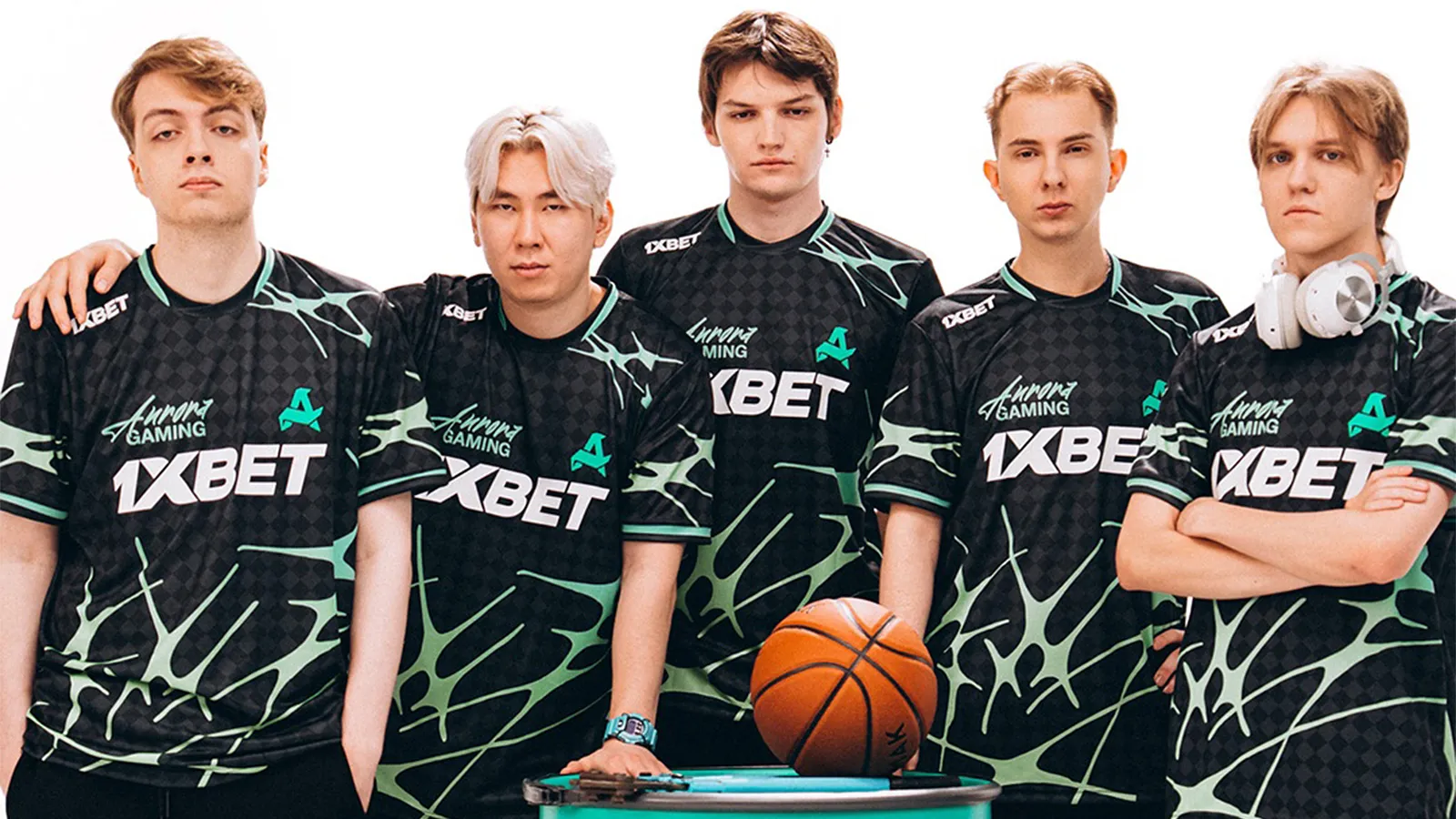The competitive Dota 2 circuit is a relentless crucible, constantly demanding peak performance and seamless team synergy. Organizations, in their eternal quest for championship glory, frequently make tough decisions to fine-tune their lineups. This week, the spotlight falls on **Aurora Gaming**, who have announced a significant shake-up to their main Dota 2 roster: midlaner Gleb “Kiyotaka” Zyryanov and Position 5 Support Nikita “Panto” Balaganin have been moved to the inactive list.
A Promising, Yet Brief, Alliance
Kiyotaka and Panto, both seasoned talents originating from the fiercely competitive Eastern European scene, joined Aurora Gaming in February 2025. Their arrival was largely seen as a strategic power move, intended to inject fresh perspectives and bolster the team’s overall firepower. Kiyotaka, with his characteristic aggressive midlane play, often served as the team`s primary play-maker, dictating tempo and creating space. Panto, a veteran support, offered invaluable experience, strategic prowess, and the calm decision-making required for crucial late-game calls.
During their tenure, the duo contributed to Aurora Gaming`s journey through several high-stakes international tournaments. Perhaps their most recent notable achievement was securing a spot in the main stage of BLAST Slam IV, finishing second in the European qualifiers. This qualification underscored the team`s potential and ability to compete at a high level, making the timing of this roster change particularly intriguing to observers.
The Unspoken Reasons: A Glimpse Behind the Curtain
Roster adjustments in professional esports are rarely made lightly, especially when a team has recently achieved a significant milestone like qualifying for a major tournament. While Aurora Gaming has yet to disclose the specific rationale behind benching Kiyotaka and Panto, such decisions typically stem from a complex interplay of factors:
- Strategic Divergence: The team might be looking for a different playstyle or a shift in overall strategy that the current players do not fit.
- Synergy Issues: Despite individual talent, a team might struggle with cohesion or communication under pressure.
- Performance Expectations: Even with qualifications, internal benchmarks for success can be incredibly high, leading to changes if those aren`t consistently met.
- Long-Term Vision: The organization might be building for a future meta or specific championship, requiring a new set of skills or personalities.
For players, being moved to the inactive roster is a period of professional limbo. They remain under contract but are often permitted to explore options with other teams, a delicate dance between loyalty and career progression. It’s a stark reminder of the cutthroat nature of top-tier esports, where even strong performances can’t guarantee a permanent spot.
The Rumor Mill: Panto to Team Spirit?
No sooner had the official announcement dropped than the esports rumor mill began its predictable, yet often accurate, churn. The loudest whisper suggests that Nikita “Panto” Balaganin might be on the cusp of a truly significant move: joining none other than **Team Spirit**.
If these rumors materialize, Panto`s potential transfer to Team Spirit would be a seismic event. Team Spirit, a name synonymous with Dota 2 royalty and international championships, rarely makes a roster move without profound strategic calculation. For Panto, this would mean stepping into an environment where nothing short of absolute top-tier performance is expected. His experience and game sense could be a valuable asset, injecting fresh tactical depth into an already formidable squad. The slight irony here is palpable: Panto played a crucial role in qualifying Aurora for BLAST Slam IV, only to potentially compete in it with a different, even more renowned, team. Such is the fascinating, often bewildering, carousel of competitive Dota 2.
The implications of such a transfer for both organizations are immense. For Kiyotaka, his future remains an open canvas. A player of his caliber and experience will undoubtedly attract attention, and it is highly improbable he will remain on the sidelines for long.
What Lies Ahead for Aurora Gaming?
The immediate task for Aurora Gaming is daunting: finding replacements who can not only match the individual skill of Kiyotaka and Panto but also seamlessly integrate into the team`s existing dynamic. The search will likely involve a meticulous evaluation of mechanical prowess, strategic compatibility, and communication styles.
The upcoming season will serve as a critical proving ground for Aurora`s reconfigured lineup. The pressure will be immense to demonstrate that these changes were a necessary step towards greater success, rather than a disruptive setback. The Dota 2 community will be watching closely to see if Aurora Gaming can emerge stronger from this transitional period.
Conclusion: The Unyielding Cycle of Esports Evolution
Aurora Gaming`s decision underscores the relentless, often brutal, pursuit of perfection that defines professional Dota 2. Roster changes, while often dramatic and emotionally charged, are an intrinsic part of the sport`s ecosystem, driven by the constant quest for optimal performance and ultimate victory. As fans and analysts eagerly await official announcements regarding new players and the future homes of Kiyotaka and Panto, one truth remains steadfast: the narrative of competitive Dota 2 is perpetually in motion, promising another season of thrilling spectacles and unpredictable twists.

